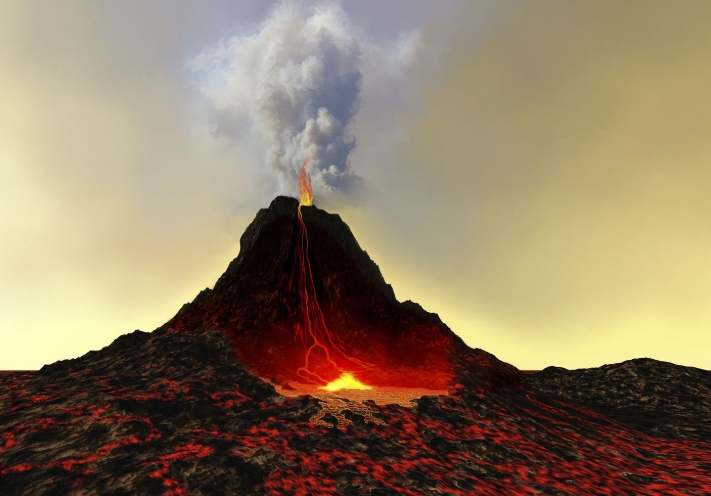Volcanoes have captured the fascination of scientists and adventurers for centuries, but there are still many explosive truths about these natural wonders that remain shrouded in mystery.
The Power of Volcanic Eruptions
One of the most striking features of volcanoes is their ability to unleash massive, destructive eruptions. These eruptions can release vast amounts of ash, gas, and lava, causing widespread devastation to surrounding areas. The sheer power of these eruptions is a testament to the immense forces at work beneath the Earth’s surface.
The Impact on Climate
In addition to their destructive potential, volcanoes also have a significant impact on the Earth’s climate. When they erupt, volcanoes release large amounts of sulfur dioxide and other gases into the atmosphere. These gases can form aerosols that reflect sunlight, leading to a cooling effect on the planet. In some cases, major volcanic eruptions have even triggered temporary periods of global cooling.
The Ring of Fire
One of the most geologically active regions in the world is known as the Ring of Fire. This ring of volcanoes encircles the Pacific Ocean, encompassing countries such as Japan, Indonesia, and the United States. The Ring of Fire is home to some of the most active and dangerous volcanoes on Earth, making it a hotspot for scientific research and monitoring.
The Connection to Earthquakes
Volcanoes and earthquakes are closely related, as both are caused by the movement of tectonic plates beneath the Earth’s surface. In many cases, a volcanic eruption can be preceded or accompanied by a series of smaller earthquakes. This relationship between volcanoes and earthquakes highlights the complex interactions that shape the Earth’s geology.
The Future of Volcano Research
Despite centuries of study, there is still much to learn about the explosive truths of volcanoes. Advances in technology, such as satellite monitoring and drones, have revolutionized the way researchers study these natural phenomena. By continuing to explore and understand volcanoes, scientists can better predict and respond to future eruptions, ultimately saving lives and protecting communities around the world.

